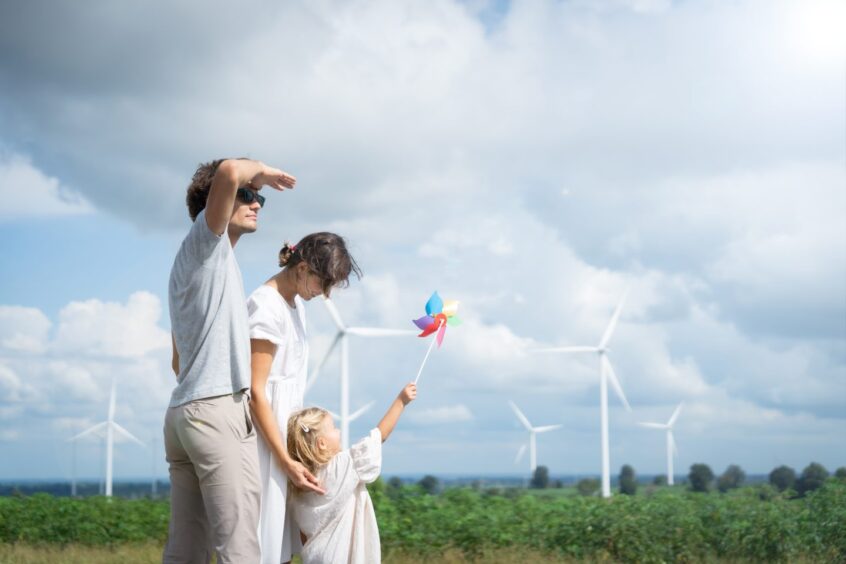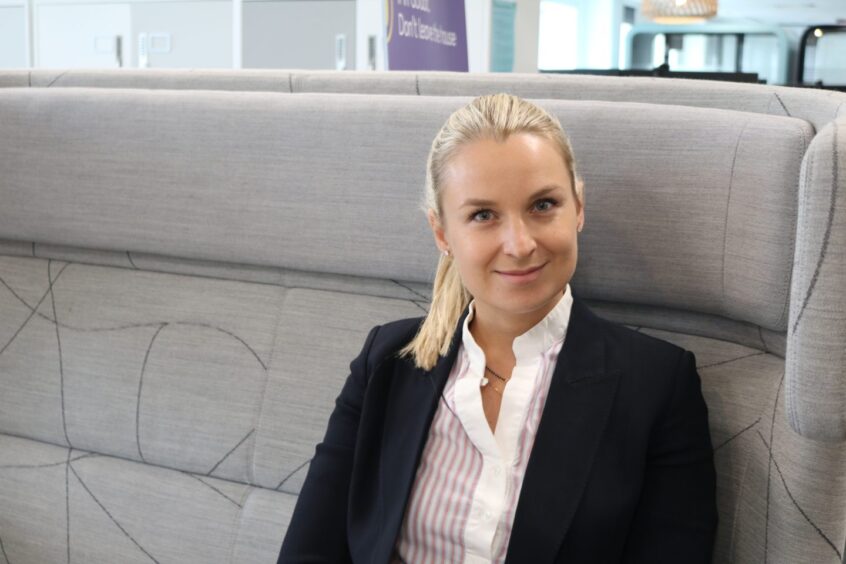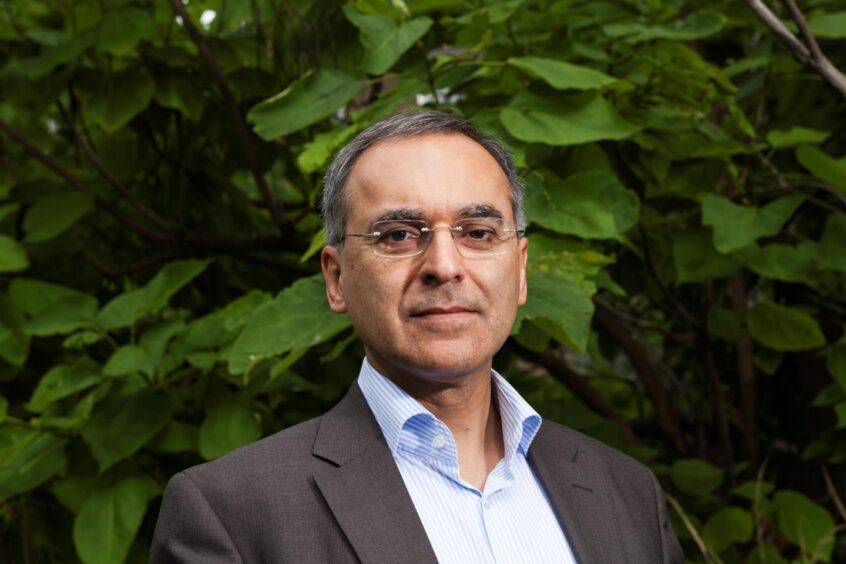
Pavan Sukhdev, founder and CEO of GIST Impact, and Ørsted’s global commercial sustainability manager explore approaches to social sustainability and its value.
In a series of four podcasts, industry experts join key team members from Ørsted, the world’s most sustainable energy developer, to discuss present and future opportunities as well as challenges in the ever-evolving energy sector.
The Ørsted podcast series explores everything from innovation and decarbonisation to the impact on biodiversity and local communities.
Listen to the podcast to learn more
Episode 2: Working in harmony with local communities & nature
In this second episode, Adele Tharani, global commercial sustainability manager at Ørsted, is joined by internationally renowned environmental economist and founder-CEO of GIST Impact, Pavan Sukhdev.
Discussing sustainability in terms of people and places, nature and biodiversity, this podcast asks how the energy sector can ensure it works in harmony with the local communities and nature it inevitably impacts, expands the positive impacts it can deliver and measure the value in doing so.
Meet the interviewees: Adele Tharani and Pavan Sukhdev
As global commercial sustainability manager at Ørsted, Adele works across Ørsted’s regions and renewable energy technologies to advance community engagement and social value delivery, to ensure the social sustainability of renewables.
She serves on the Capitals Coalition Advisory Panel, is a member of the Social Practice Forum and Social Value UK and works across the nexus of social and environmental sustainability to ensure people and places are better off as a result of renewables build-out.
Before joining the team at Ørsted, she headed social sustainability at a global petrochemicals company and led corporate sustainability research and advisory projects on behalf of the European Commission and the UNDP.
We asked Adele what social sustainability means in practice. She explained: “Social sustainability is about ensuring our business impacts contribute to people’s wellbeing across a spectrum of wellbeing themes. And that goes beyond jobs and supply chains – and also beyond subjective feel-good impacts.
“Even restoring biodiversity or decarbonising our production as well as, for example, apprenticeship programmes or community benefit funds deliver economic societal value to people.
“We started working with GIST Impact to understand what are those impact pathways that we need to focus on, and what is the economic value of those impacts we’re creating. That helps us to become more targeted and more effective in the value we deliver to the communities whose lives this transition is touching.”
Adele continued: “In the discussion with Pavan, we talked about that kind of economic aspect of sustainability and showcasing the whole social value of a sustainable renewables build-out. Asking how do we do that? Why is it important? Where is that value going?”
“Asking these questions helps to myth-bust sustainability discussions. Often, we talk about sustainability as something we do on top of the business – as something we give back. The way that we should see it is actually very operational, meaning that with our business activities we should be a force for good delivering value through our operations first, then we add value on top.”
Pavan Sukhdev, is an environmental economist and founder-CEO of GIST Impact.
Pavan is a scientist by education, an international banker by training, and an environmental economist by passion. He previously led the UN’s Green Economy Initiative and The Economics of Ecosystems and Biodiversity (TEEB) study.
As founder and CEO of GIST Impact, Pavan works with corporations and investors, harnessing the power of impact economics and technology to discover a business’s full value contribution to the world.
Pavan was awarded the McCluskey Fellowship (2011) by Yale University, where he taught a graduate course on TEEB and wrote his book “Corporation 2020: Transforming Business for Tomorrow’s World.”
He is a former President and Chair of WWF International and has served on the boards of Conservation International (CI), the Global Reporting Initiative (GRI), the Stockholm Resilience Centre (SRC), and the TEEB Advisory Board.
His work has been recognised through several awards, including the Blue Planet Prize (2016), the Tyler Prize (2020) and most recently, the EAERE European Practitioner Achievement Award in Applying Environmental Economics (2024).
Listen to the second episode of the Ørsted podcast series now.
Recommended for you

 © Supplied by Orsted/GIST Impact
© Supplied by Orsted/GIST Impact © Supplied by Orsted/GIST Impact
© Supplied by Orsted/GIST Impact